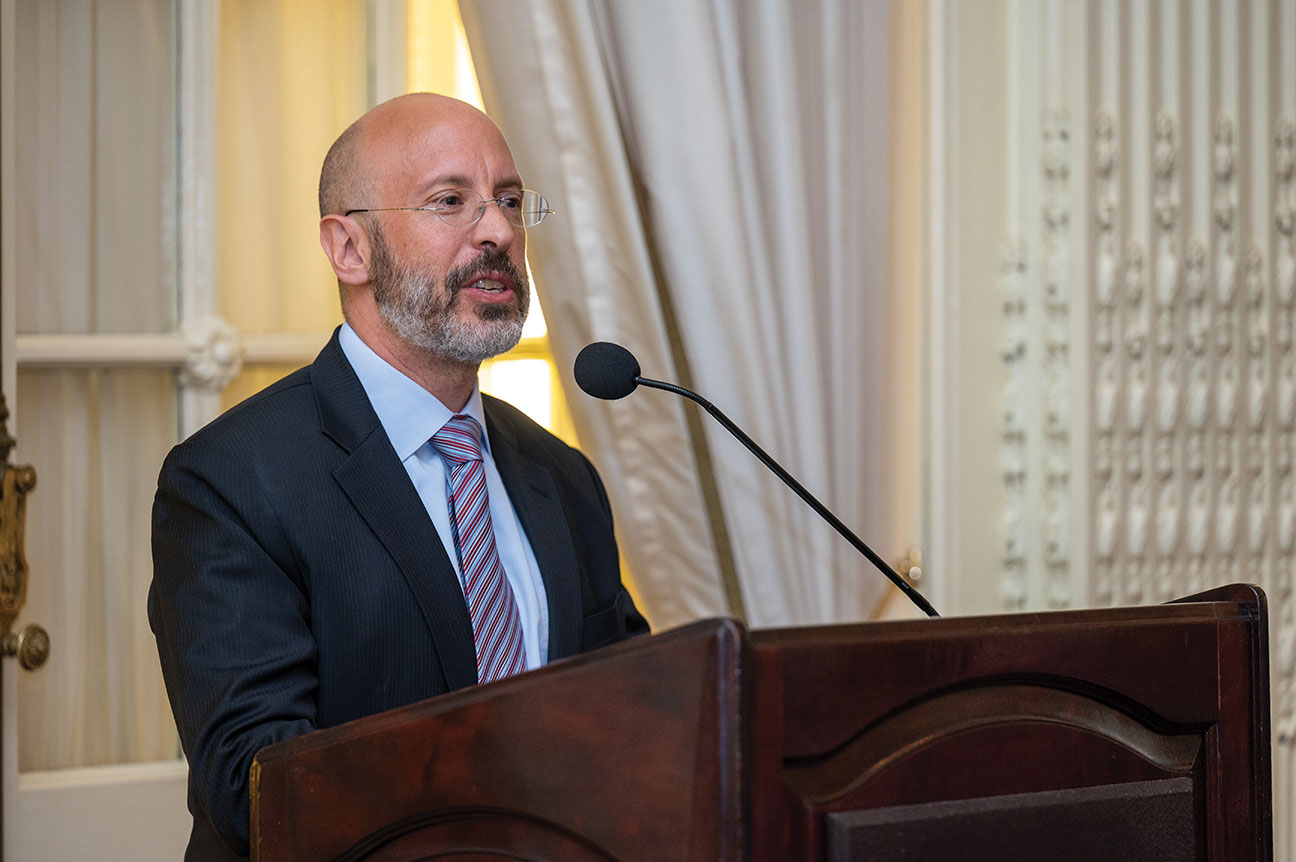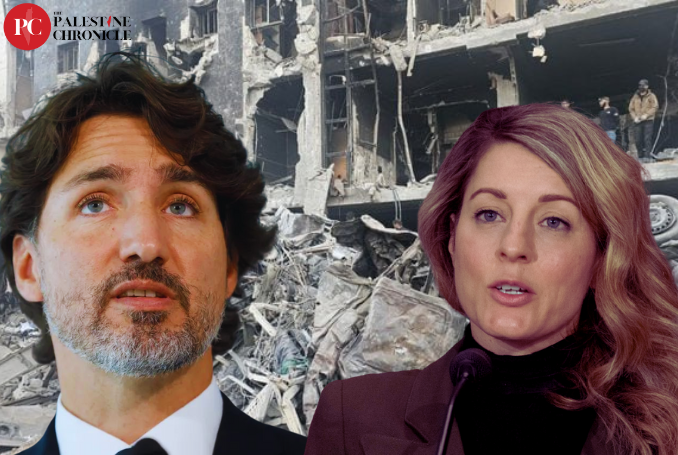


The ongoing conflict between Israel and Palestine has sparked intense debate and discussion worldwide. Recent articles shed light on the perception of genocide in the Israeli-Palestinian conflict from different perspectives. One article titled 'When genosuicide feels like genocide' by Spengler in Asia Times explores the concept of genosuicide and its relation to the perception of genocide in the Muslim world. It argues that the perception of genocide is stronger when Jews are killing Muslims, highlighting the historical and religious context of the conflict [c4d3310e].
Another article titled 'The world is fighting back against a real genocide' by Alex Lo in Pearls and Irritations provides a global perspective on the issue of genocide. It criticizes countries that have sanctioned, invaded, and destabilized others for committing or aiding genocide, war crimes, and crimes against humanity. The article emphasizes the role of the international media in justifying and excusing genocide, as well as demonizing the victims. It also highlights the occurrence of mass cognitive dissonance when what is taught and shown is different from what is seen [c4d3310e].
A new article from Palestine Chronicle titled 'Push to Erase Palestinians: Canadians Promoting Genocide' by Yves Engler focuses on the efforts by some Canadians to erase Palestinians and promote genocide. It highlights instances where individuals and organizations have sought to suppress Palestinian culture, history, and art. Examples include the banning of traditional Palestinian garments, the removal of Palestinian poetry from a library display, and efforts to stop the marking of the Palestinian catastrophe in schools. The article also mentions the advocacy by Jewish Zionist organizations to cut off humanitarian assistance to Palestinian refugees in Gaza. The author emphasizes the need to disrupt these institutions and stands against the erasure of Palestinians [66dd254f].
Elisha Wiesel, son of Holocaust survivor Elie Wiesel, organized the Disrupting Uyghur Genocide Conference on April 17 and 18 in New York City [fb838243]. Partnering with the World Uyghur Congress and the Uyghur Human Rights Project, the conference aimed to raise awareness about the ongoing human rights abuses faced by the Uyghur people in China. Drawing parallels between the Holocaust and the Uyghur genocide, the event featured discussions on combating oppression and preserving Uyghur cultural identity. Speakers included notable figures such as Elfidar Iltebir, Mehnaz Afridi, Kelley Currie, and Mihrigul Tursun, a Uyghur camp survivor. Elisha Wiesel emphasized the critical need for global and corporate accountability to combat these atrocities, including the enforcement of the Uyghur Forced Labor Act by U.S. corporations [fb838243].
These articles provide a comprehensive analysis of the perception of genocide in the Israeli-Palestinian conflict, taking into account multiple perspectives and highlighting the historical, cultural, and political factors that shape the way violence is perceived and interpreted. They underscore the need for a comprehensive approach to address these issues and achieve lasting peace.